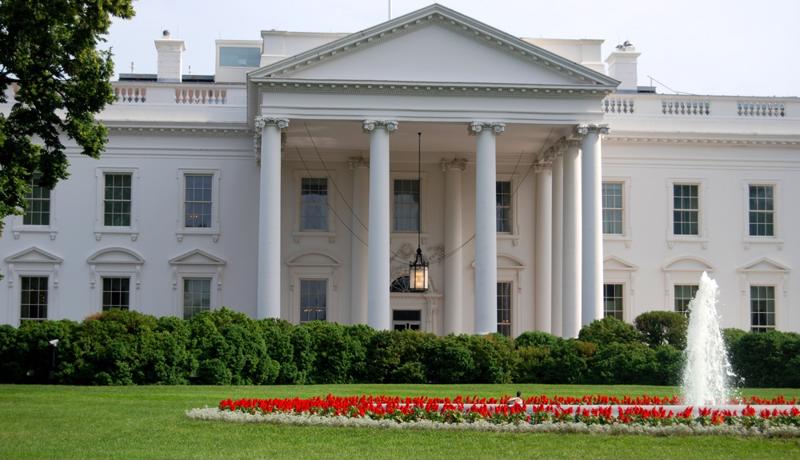The EO calls for "resilient, diverse, and secure supply chains to ensure our economic prosperity and national security," according to the White House. It specifically cites the need for increased manufacturing within the U.S., across a number of different things the country needs, with "built-in redundancies" as well as "adequate stockpiles" and stronger digital networks.
Another clear focus of the order was the need to staff up within the supply chain, increasing employment and also ensuring those jobs pay well.

Getting started
Of course, it will take significant ground work for the federal government to fully understand the shortcomings facing the national supply chain, and as such, the EO institutes a 100-day review of potential vulnerabilities within that framework, according to a fact sheet about the order also issued by the Biden administration. In particular, this will include reviews of the national pharmaceutical, mineral, semiconductor and large-capacity battery supply chains.
Beyond that, a year-long review of other key industry supply chains will also take place, convening consultations with relevant stakeholders — including "those in industry, academia, non-governmental organizations, communities, labor unions, and State, local, territorial, and Tribal governments" — to ensure more is being done to address these risks and make sure all bases are covered.
Going in the right direction
The good news for the Biden administration is that improving the supply chain has a broad base of bipartisan support within the halls of Congress, according to the Washington Post. As such, once these reviews are completed, it may not be all that difficult to institute some of the necessary changes recommended after the reviews, which will allow the country to get on better footing. Of particular concern may be the fact that a 100-day review leaves a lot of runway before recommendations can even be made, let alone enacted.
However, the goal here is to reduce the American reliance on complicated international supply chain for vital items like semiconductors used in auto manufacturing and ingredients used in the mass production of pharmaceuticals, the report said. Currently, the U.S. relies on China for many of these items, leaving the nation vulnerable to the ups and downs of a nation halfway around the world.
With all this in mind, those within the logistics sector would be wise to keep an eye on developments around these reviews and the recommendations that come out of them. Doing so may allow companies to do a better job of handling the potentially seismic changes that may be coming to the supply chain in the months and years ahead.



Post A Comment:
0 comments so far,add yours